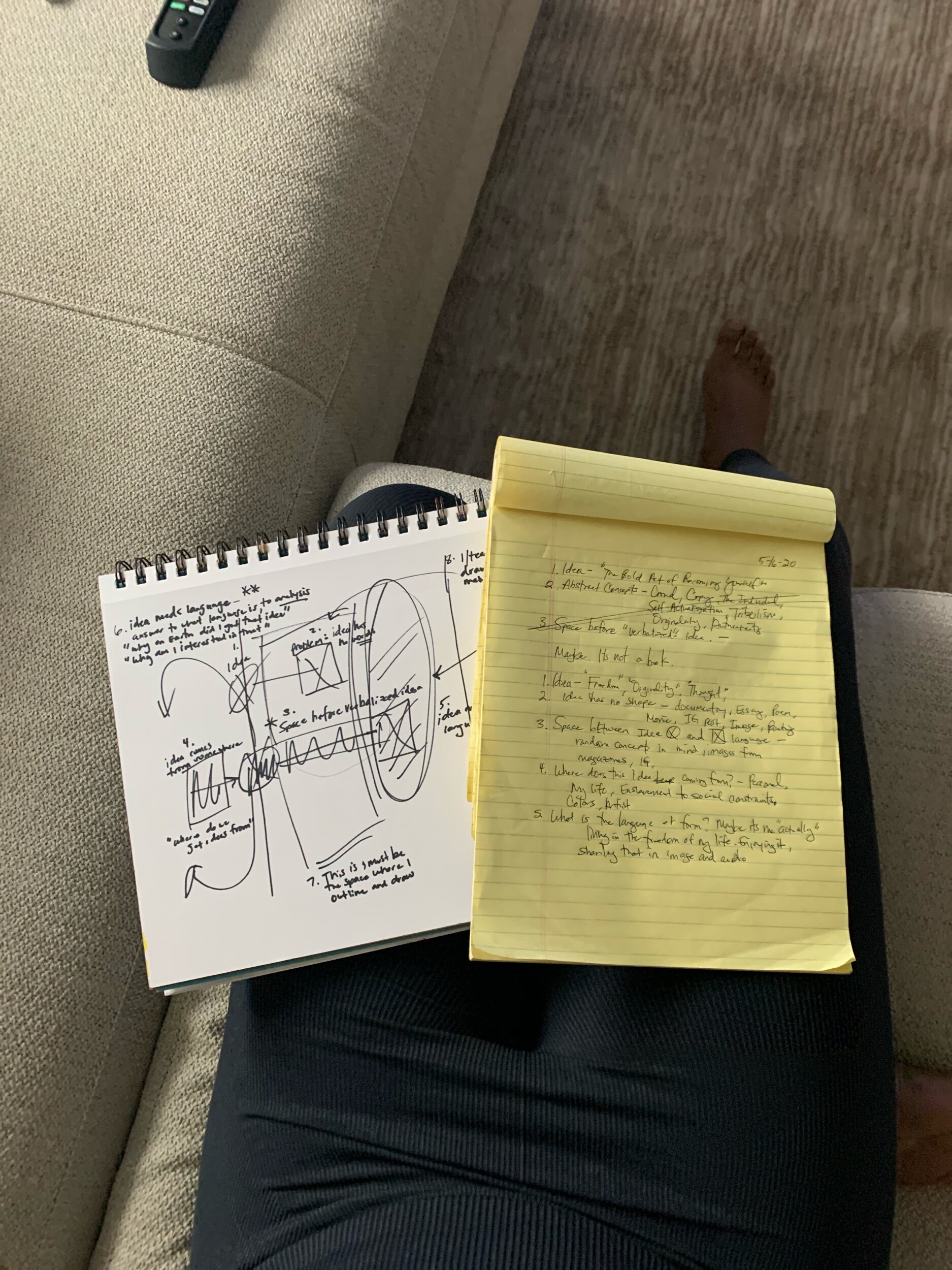Through grace, we are invited into a relationship with God. In that relationship, God desires to co-create with us in His mission to make it on earth as it is in heaven. That mission is non-negotiable and progresses whether individuals choose to participate or not. Those who do choose to participate endure trials and tribulations, which shape, build, and mold them for the journey ahead. Those who do not are gently persuaded, for a time, through subtle nudges to come, behold, explore, and try—but ultimately, they perish like all mammals do, and the mission marches forward. This is the nature of time. The advancement of all things, even our expanding universe, proves this mission.
Mathematics, created by René Descartes in a dream, and the fact that prolific thinkers like Issac Newton, Teresa of Ávila, Nikola Tesla, Socrates, Joan of Arc, Blaise Pascal attribute their discoveries to forces beyond themselves, point to a shaping force. I argue that the all-consuming force directing our universe is God. My own trials—my mother's death and my sister’s cancer diagnosis—have shaped my understanding and this work. I recall being a young Black girl in a shared bedroom, journaling about 'wanting to know all.'
Today, technological advancements allow humans to unburden themselves and seek answers to their deepest questions, limited only by the depth of their inquiry. With large language models, we have freed ourselves from the gatekeepers of information, allowing knowledge to go wherever it pleases. I argue that this too is God, working in the hearts and minds of ordinary people to build and create extraordinary things, all for the purpose of fulfilling the mission to make it on earth as it is in heaven—a unified world aiming to glorify its Creator.
CHARIS is a narrative nonfiction book that boldly claims we are continually iterating toward divine perfection, and that this outcome will be realized in the light of eternity.
This most beautiful system of the sun, planets, and comets could only proceed from the counsel and dominion of an intelligent and powerful Being. — Isaac Newton, The Principia: Mathematical Principles of Natural Philosophy
The gift of mental power comes from God, Divine Being, and if we concentrate our minds on that truth, we become in tune with this great power. —Nikola Tesla, My Inventions: The Autobiography of Nikola Tesla
I saw an angel beside me... In his hands, I saw a long golden spear... and at times, he would pierce my heart... When he drew out the spear, I felt that he took with it my very entrails; and when he left me, I was all on fire with a great love of God. — Teresa of Ávila, The Life of Saint Teresa of Ávila by Herself
I want to know God's thoughts; the rest are details. — Albert Einstein, Ideas and Opinions
The dreams themselves were, as I had sensed in the first, the work of some superior power, and they were the means of attaining knowledge of the treasures of wisdom. — René Descartes, Discourse on the Method
It was the voice of God that told me what I must do. — Joan of Arc, Personal Recollections of Joan of Arc











